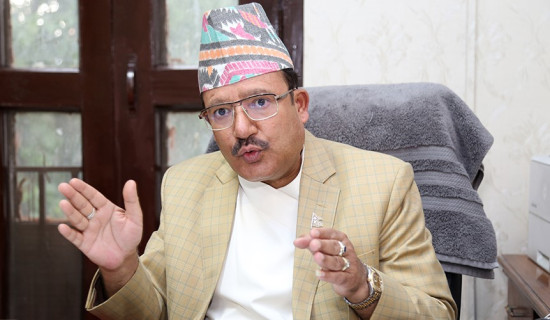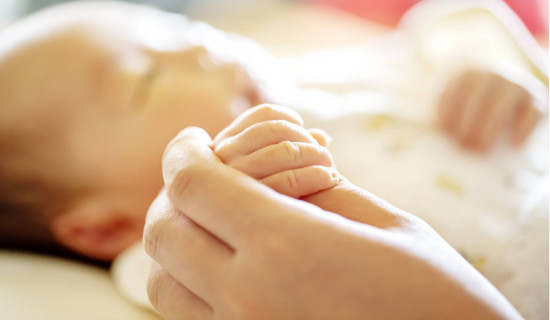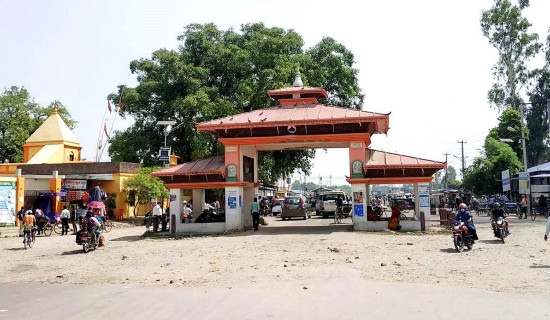- Friday, 27 February 2026
Women in Chad defy discrimination, violence
Binmar, Chad, Aug. 29: When Milla Nemoudji, a 28-year-old from a village in southern Chad, divorced her husband following years of physical abuse, she found herself without means for survival. Though raised in a farming family, she struggled to get by in a community where access to land is customarily controlled by men.
With little support for women in her situation, divorce being relatively rare in Chad, she fought for economic independence. She sold fruits and other goods. During the rainy season, she ploughed fields as a labourer. Last year, however, a women’s collective arrived in her village and she decided to join, finally gaining access to land and a say over its use. She farmed cotton, peanuts and sesame, making enough money to cover basic needs.
The village, Binmar, is on the outskirts of Chad’s second-largest city, Moundou, in the densely populated Logone Occidental region. Thatched-roof homes stand amid fields where women traditionally harvest the land but, like Nemoudji, have little or no say over it. In Chad, land access is often controlled by village chiefs who require annual payments. Women are often excluded from land ownership and inheritance, leaving them dependent on male relatives and reinforcing their secondary status in society.
The struggle for land rights is compounded by the dual legal system in Chad where customary law often supersedes statutory law, especially in rural areas. While recent legal reforms mean laws recognize the right of any citizen to own land, application of those laws is inconsistent.
For women like Nemoudji who seek to assert their rights, the response can be hostile.
“There’s no one to come to your aid, although everyone knows that you are suffering,” Nemoudji told The Associated Press, criticizing the traditional system of land rights and urging local leaders to take domestic violence seriously. “If women weren’t losing access to farmlands, they would dare to leave their husbands earlier."
Initiatives like N-Bio Solutions, the collective Nemoudji joined, are challenging those norms. Founded by Adèle Noudjilembaye in 2018, an agriculturist and activist from a neighbouring village, the collective is a rare initiative in Chad negotiating on behalf of women with traditional chiefs, who then seek out residents with available land willing to lease it.
So far, Noudjilembaye runs five such collectives with an average 25 members. Although these initiatives are slowly gaining popularity, they are limited by financial resources and some women's hesitancy to risk the little they have.
Noudjilembaye told the AP that “despite the violence and neglect, many women stay (in that situation) because of financial dependency, fear of societal judgement or lack of support.”
The efforts of such collectives have broader implications for both gender equality and sustainable agriculture in Chad. Women of Binmar have adopted sustainable farming practices including crop rotation, organic farming and the use of drought-resistant seeds, which help preserve the soil and increase productivity. (AP)

















